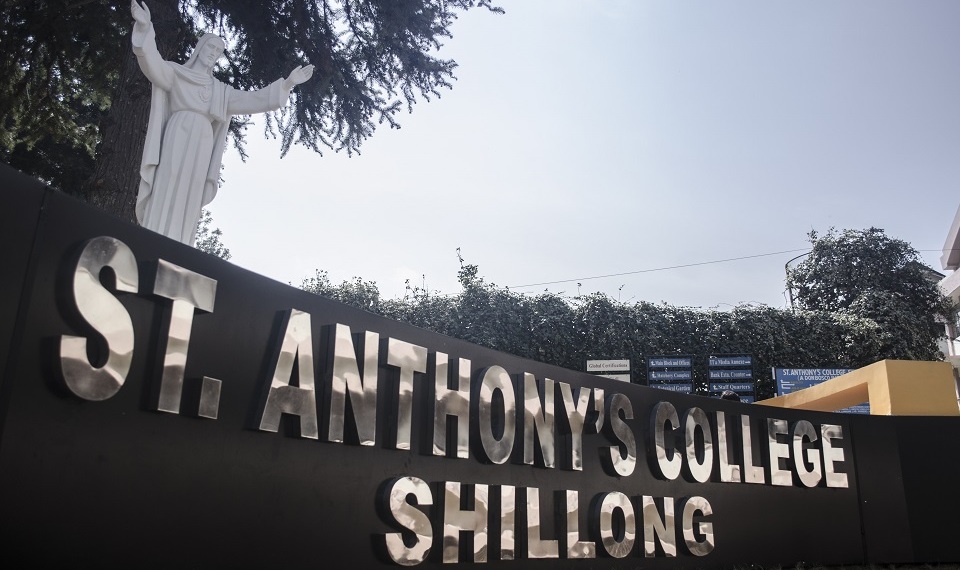The research and consultancy activities of the college are looked after by the Research and Development Cell. The RDC is mandated to draft and approve appropriate, unambiguous and transparent rules and regulations to guide the research and consultancy activities taken up in the college, supervise them and, if needed, help them in the matters arising therein.
The prime task of the RDC is to formulate, implement and execute policies with reference to research, and consultancy activities of the institution, supervise its related practices with the emphasis to strengthen and encourage the best practises and evaluate the outcome and, if required, suggest measures to improve the outcome.
The RDC encourages the organisation of various programmes in the college every year such as research workshops, workshops on data analysis, faculty development programmes, special talks, etc. that can enhance the research capability of the faculty and students of the college.
| Sl. No. | Name | Designation |
|---|---|---|
| Dr. Br. Albert Longley Dkhar | Chairman | |
| Fr. Gervasius Nongkseh | Vice-Chairman | |
| Dr. Kishor Singh Rajput | Co-ordinator | |
| Dr. Rakhal K Purkayastha | Assistant Co-ordinator | |
| Dr. Damanbha Lyngdoh | Assistant Co-ordinator | |
| Dr. Fr. Joby Joseph | Member | |
| Fr. Ritonbor Kharkongor | Member | |
| Dr. Shantu Saikia | Member | |
| Dr. Sanku Dey | Member | |
| Dr. Herbert G Lyngdoh | Member | |
| Dr. Van Jennifer Joan Wallang | Member | |
| Dr. Baskhemlang Kshiar | Member | |
| Dr. Amanda C. Tongper | Member | |
| Prof. Gregorius Kharumnuid | Member | |
| Dr. Rabnindra N. Bhuyan | External Advisor | |
| Prof. Bhagirathi Panda | External Advisor | |
| Prof. S. M. Sungoh | External Advisor |
